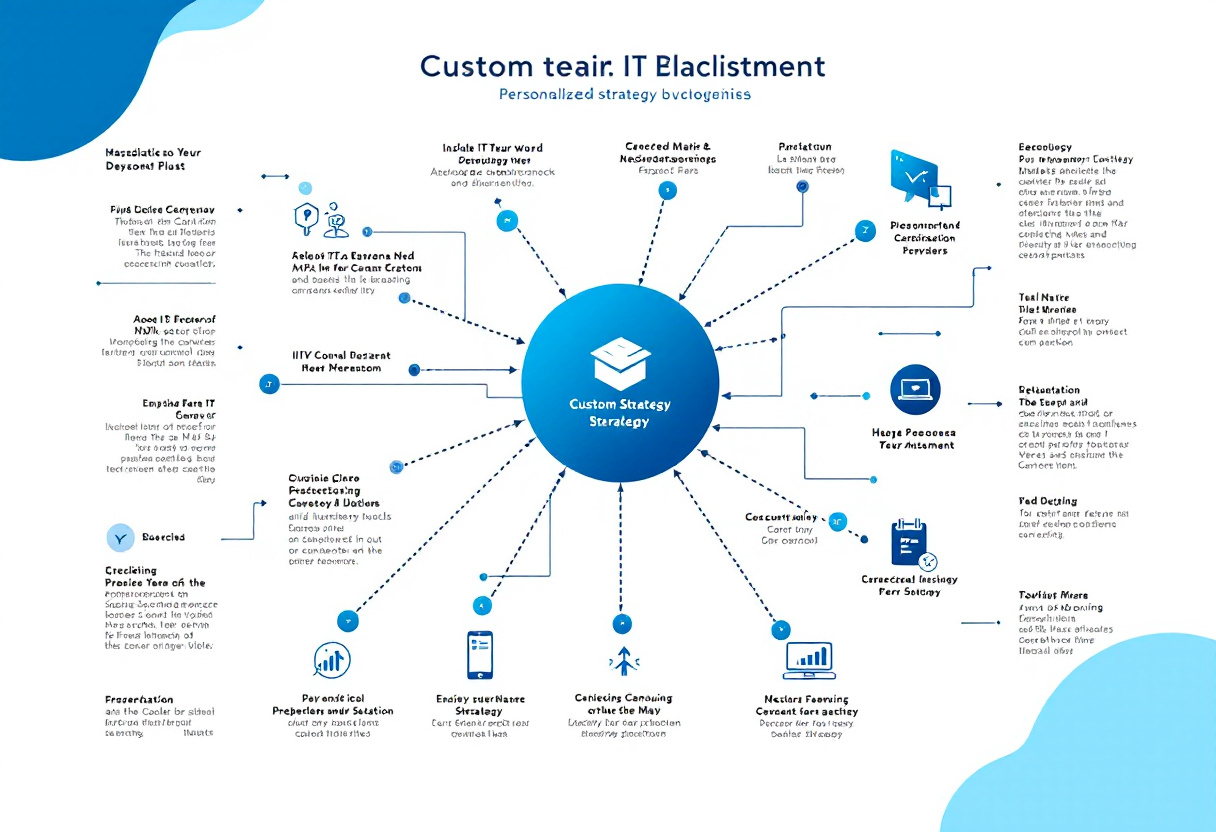Why Business leaders need to be involved in their company's security posture
Published 1 year ago
Businesses have much more to lose with a cyberattack than just private information. Businesses need to worry about their cybersecurity because they are increasingly being targeted by cyberattacks. Cyberattacks can be very costly and disruptive for businesses, and they can also lead to the theft of sensitive data, as well as the downfall of a business.
Here are some of the reasons why businesses need to be prepared against cybersecurity:
- The cost of cyberattacks is rising. The average cost of a data breach in the United States is now over $9 million, according to IBM's Cost of a Data Breach Report 2023.
- Cyberattacks are becoming more sophisticated. Cybercriminals are constantly developing new ways to attack businesses, and their attacks are becoming increasingly difficult to defend against. See articles on MGM and Clorox and how both fell victim to cyberattacks this month, shattering the image of impenetrable security.
- Businesses are increasingly reliant on technology. Businesses today rely on technology for everything from running their operations to communicating with their customers. This means that they are more vulnerable to cyberattacks than ever before.
- Businesses store a lot of sensitive data. Businesses store a variety of sensitive data, such as customer information, financial data, and intellectual property. This data is a valuable target for cybercriminals
- Financial Loss: Cyberattacks can result in significant financial losses. Attackers may steal money directly from bank accounts, engage in fraudulent activities using compromised credentials, or demand ransoms to restore access to critical systems. The cost of investigating and mitigating cyberattacks can also be substantial.
- Reputation Damage: A cyberattack can severely damage a company's reputation. Customers and clients may lose trust in the organization's ability to protect their data, leading to a loss of business and potential legal consequences. It can take years to rebuild a tarnished reputation.
- Operational Disruption: Cyberattacks can disrupt business operations, causing downtime and productivity losses. Ransomware attacks, for example, can render systems and data inaccessible until a ransom is paid or systems are restored, leading to extended periods of inactivity.
- Legal and Regulatory Consequences: Many countries have strict data protection and privacy regulations. A data breach resulting from a cyberattack may lead to legal action, fines, or penalties for non-compliance with these regulations (e.g., GDPR in Europe or CCPA in California).
- Intellectual Property Theft: Beyond private information, cybercriminals often target intellectual property, trade secrets, and proprietary business processes. Theft of such valuable assets can harm a company's competitive advantage and future innovation.
- Supply Chain Disruption: Cyberattacks on a business can have a cascading effect throughout its supply chain. If a company relies on suppliers or partners for critical components or services, an attack on any part of the supply chain can disrupt operations and lead to financial losses.
- Loss of Customer Trust: When customers' personal information is compromised in a cyberattack, they may lose trust in the organization. This can lead to customers switching to competitors who they perceive as more secure, resulting in long-term revenue loss.
- Cyber Insurance Costs: In response to the increasing threat of cyberattacks, many businesses purchase cyber insurance. A history of cyberattacks can lead to higher insurance premiums and deductibles, increasing overall operational costs.
- Investor Confidence: Publicly traded companies can see a decline in their stock prices and investor confidence following a cyberattack. Shareholders may react negatively to the financial and reputational damage, causing the company's market value to drop.
- Operational and Trade Secrets: In addition to customer data, cyberattacks can compromise a company's operational secrets and trade secrets. This information can be used by competitors, leading to a loss of market share and competitive advantage.
In summary, the consequences of a cyberattack go well beyond the loss of private information. They can result in significant financial, reputational, operational, and legal ramifications that can impact a business's long-term viability. Therefore, investing in robust cybersecurity measures and incident response plans is crucial for modern businesses.
Businesses can protect themselves from cyberattacks by implementing a strong cybersecurity program from E-Panzer. This program would include the following elements:
- Security awareness training for employees. Employees should be trained on how to identify and avoid phishing emails and other cyber threats.
- Strong security controls. Businesses should implement strong security controls, such as firewalls, intrusion detection systems, and anti-virus software.
- Regular security assessments. Businesses should regularly conduct security assessments to identify and address any vulnerabilities in their systems and networks.
- Incident response plan. Businesses should have a plan in place to respond to a cyberattack. This plan should include steps to contain the attack, recover from the attack, and communicate with customers and other stakeholders.
E-Panzer has the tools and expertise to help protect your business
By implementing a strong cybersecurity program, businesses can reduce their risk of being victims of cyberattacks and protect their customers' data. Cyber attacks can result in significant financial, reputational, operational, and legal ramifications that can impact a business's long-term viability. Therefore, investing in robust cybersecurity measures and incident response plans is crucial for modern businesses. Contact us now to learn more.






